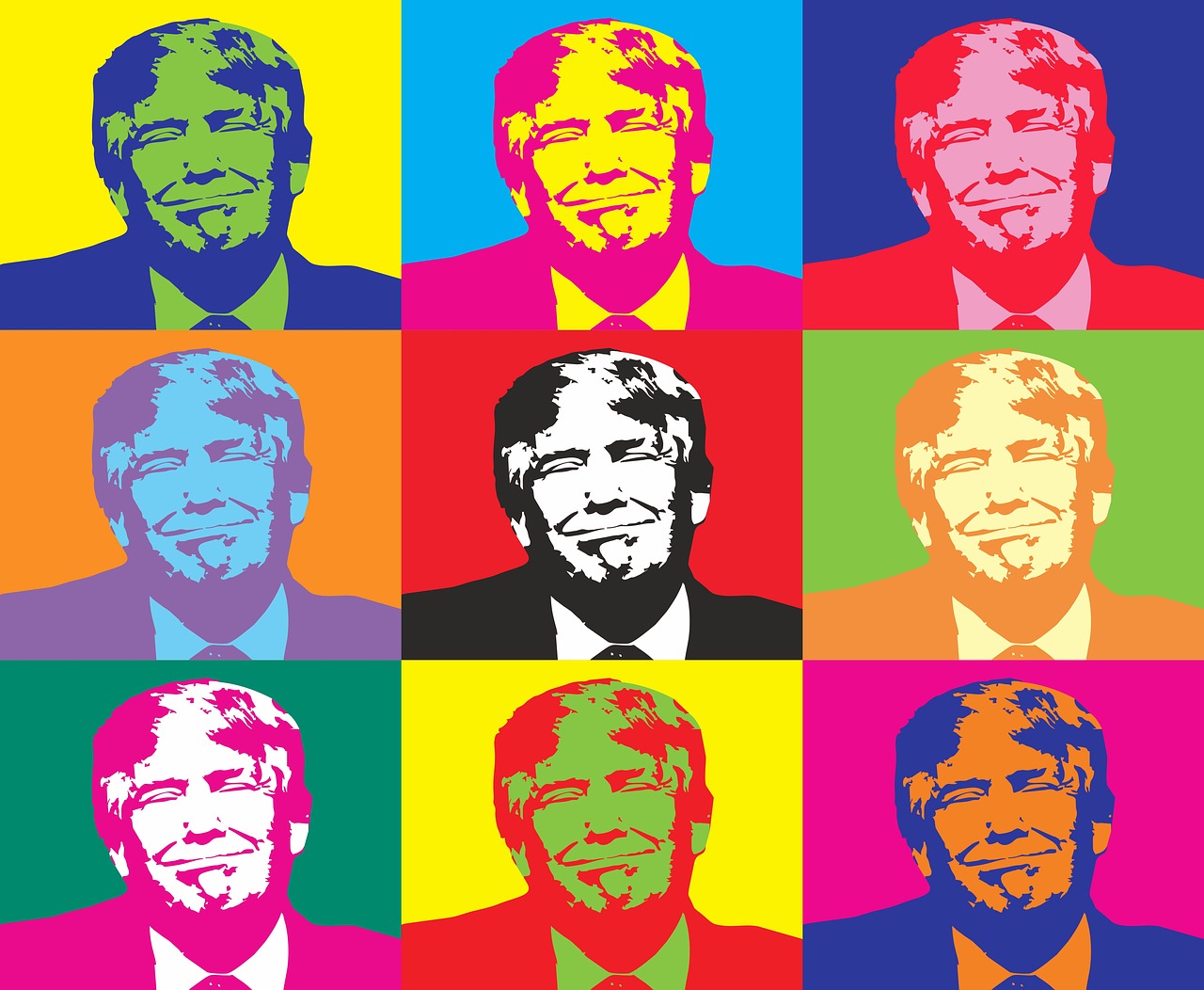
Today’s world appears to be increasingly ‘international’, with more attention being brought to minority sexual identities, and globalization, leading to greater cultural exchange and business across nations. When your family moved to Guangzhou, you were part of that phenomenon. When countries take part in free trade and take in immigrants, they are participating in this too. President Trump’s political agenda was largely motivated by it. While in many countries there has been debate over globalization, something that has not been discussed enough is the fact that national identity has been declining as a result of globalization, and that a person’s identity is greater than their nationality.
Country of citizenship should never define who you are. It might have shaped the distinct traditions and culture that you grew up with, but that nationality is not how we distinguish people. It is understandable but inherently wrong to make assumptions about others and have a set of expectations for them, purely based on what you might have seen or heard about the same country. Thinking that way is lazy and can be disrespectful to the person. It’s even more upsetting when those perceptions are based on stereotypes and completely unrealistic.
That isn’t to say I haven’t made poor judgments on others myself, but we should try to be less prejudiced and be more knowledgeable about those around us. Therefore, claiming someone isn’t a real national of X country, for reasons based on the person not fitting the image of what a person from that country is, is inappropriate.
It is increasingly common to find people of whom their civil identities do not agree with their national identity. For example, some Taiwanese residents no longer identify with the “Republic of China”, but “The Republic of Taiwan”. Your ethnicity can also mean your cultures and languages are not fully supported by your nation, particularly in countries such as Canada and Australia with aboriginal populations. These are just examples of how our citizenship is not as important to who we are as much as the influence we receive from those around us, and our experiences.
This article is not intended as any form of protest or campaign, but rather to point out that through cultural exchange, it makes more sense to find common values rather than differences. We are all humans with the same fundamental human rights and deserve the same respect. When meeting someone, you will not fully understand the nuances of a person’s identity when you are unwilling to look past their nationality (or another superficial quality). Today, there can be a substantial difference in asking about someone’s citizenship and asking about their background.